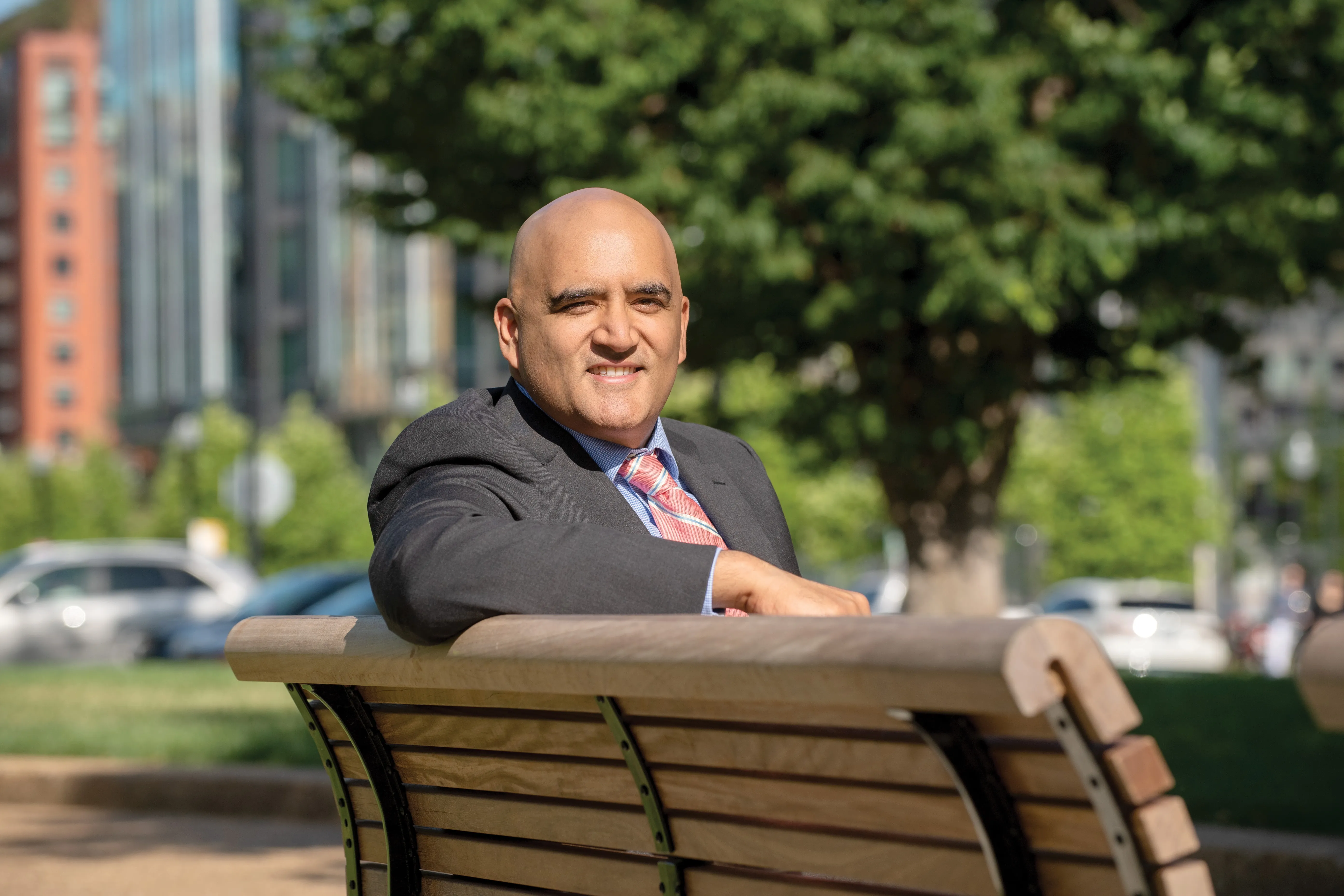The American Crisis in Transportation Coalition (ACT) has been formed to expand national understanding of the serious deterioration of America’s transportation system, and to educate the public and Congress on the funding needed to save the system from continued decline.
April 25, 2012
Read time: 2 mins
RSSThe American Crisis in Transportation Coalition (ACT) has been formed to expand national understanding of the serious deterioration of America’s transportation system, and to educate the public and Congress on the funding needed to save the system from continued decline.
The founders of ACT are former Wisconsin Secretary of Transportation Frank Busalacchi, who also served as a member of the National Surface Transportation Policy and Revenue Study Commission, and John Boffa, owner of two marketing and research firms in Washington, DC which have a heavy concentration in transportation issues. Busalacchi also chaired the States for Passenger Rail Coalition.
ACT will use as its guiding document the final report of the surface transportation commission, which identified a $225 billion annual shortfall in transportation funding.
“Roads and bridges are deteriorating at an alarming rate,” Busalacchi said. “Transit systems on which millions of Americans depend to get to work are experiencing funding shortfalls.2008 Amtrak trains travel through tunnels and bridges built in the 1800s. The federal gasoline tax has not been increased since 1993.”
ACT will call for funding increases for all modes of transportation, including a 40-cent increase in the federal gasoline tax, to be phased in over a few years to ease the impact on motorists.
“The highly respected American Society of Civil Engineers recently rated America’s roads with a D minus,” Busalacchi said. “That is just a notch above a failing grade. And they rated our transit systems with a D. People drive over bridges, or travel over railroad bridges, everyday without incident. But if they looked at the condition of the structures underneath, they would be horrified.”
The founders of ACT are former Wisconsin Secretary of Transportation Frank Busalacchi, who also served as a member of the National Surface Transportation Policy and Revenue Study Commission, and John Boffa, owner of two marketing and research firms in Washington, DC which have a heavy concentration in transportation issues. Busalacchi also chaired the States for Passenger Rail Coalition.
ACT will use as its guiding document the final report of the surface transportation commission, which identified a $225 billion annual shortfall in transportation funding.
“Roads and bridges are deteriorating at an alarming rate,” Busalacchi said. “Transit systems on which millions of Americans depend to get to work are experiencing funding shortfalls.
ACT will call for funding increases for all modes of transportation, including a 40-cent increase in the federal gasoline tax, to be phased in over a few years to ease the impact on motorists.
“The highly respected American Society of Civil Engineers recently rated America’s roads with a D minus,” Busalacchi said. “That is just a notch above a failing grade. And they rated our transit systems with a D. People drive over bridges, or travel over railroad bridges, everyday without incident. But if they looked at the condition of the structures underneath, they would be horrified.”









